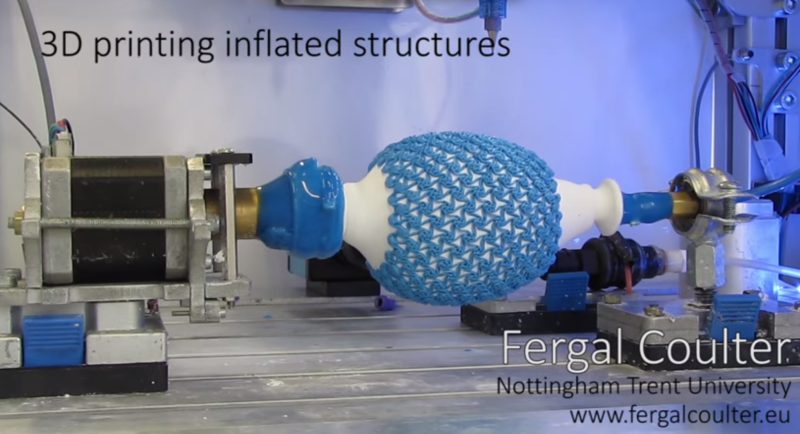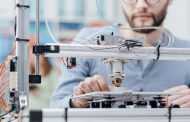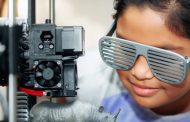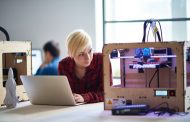Over the next few years, a lot of interesting 3D printed medical innovations are set to become medical realities. 3D bioprinted blood vessels, tissues, even organs are all on its way. However, one Nottingham PhD student shows us that 3D printing technology can do a lot more for the medical world than just bioprinting. For Fergal Coulter, a lecturer and PhD candidate at the College of Art & Design and Build Environment at the Nottingham Trent University, is using 3D printing and scanning techniques to create artificial muscles.
This project is all about a very special kind of artificial muscles: Dielectric Elastomer Actuators (DEA). While perfect for a variety of medical applications – he refers to examples such as cardiac assist pumps and tools that can help with sphincter paralysis – these DEAs can even be used in 3D printed bio-robotic prosthetics, so these can potentially really make a big difference.









